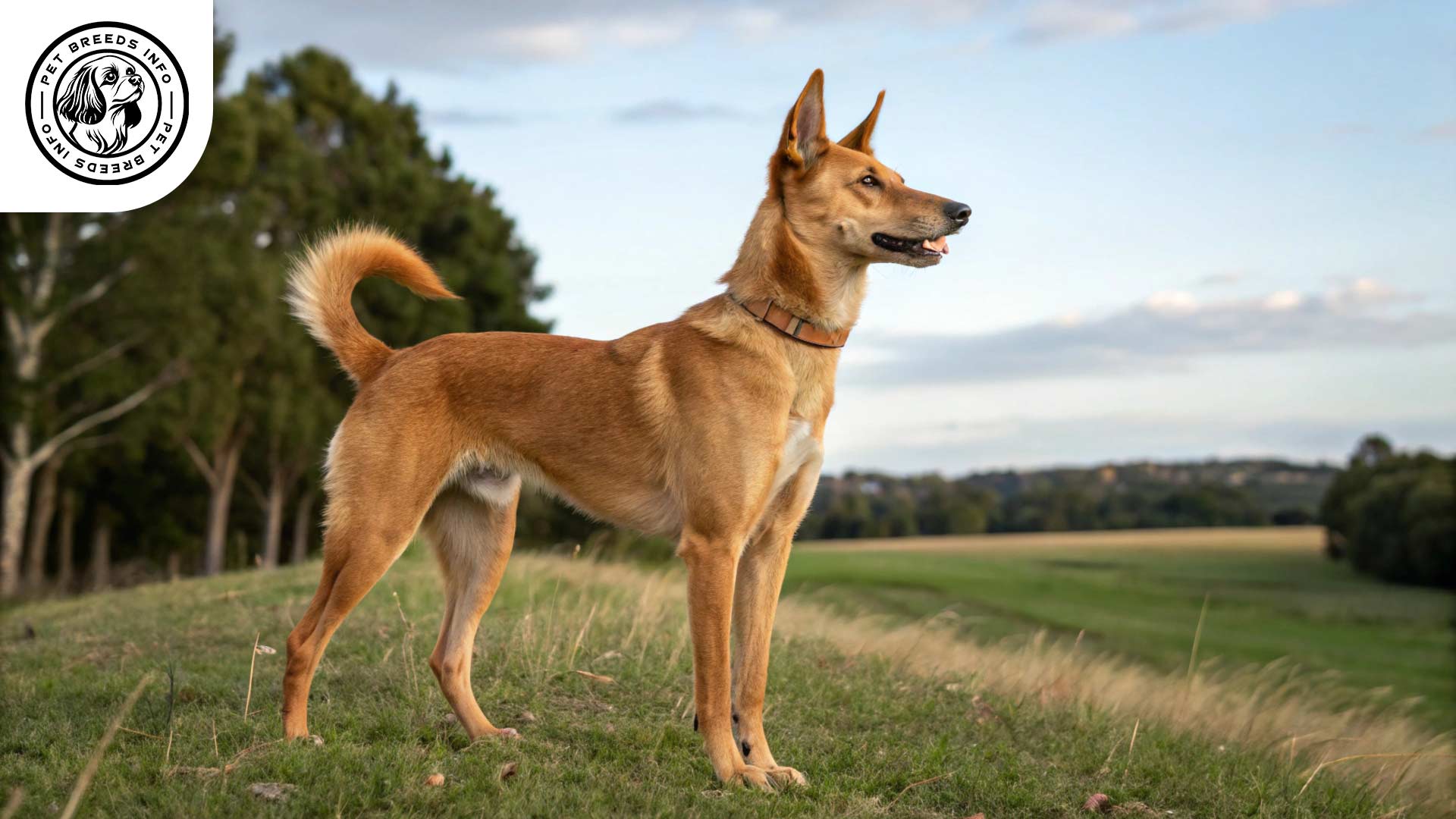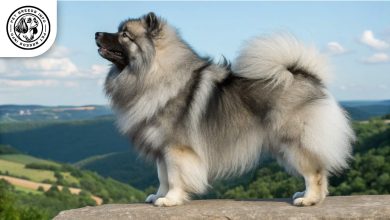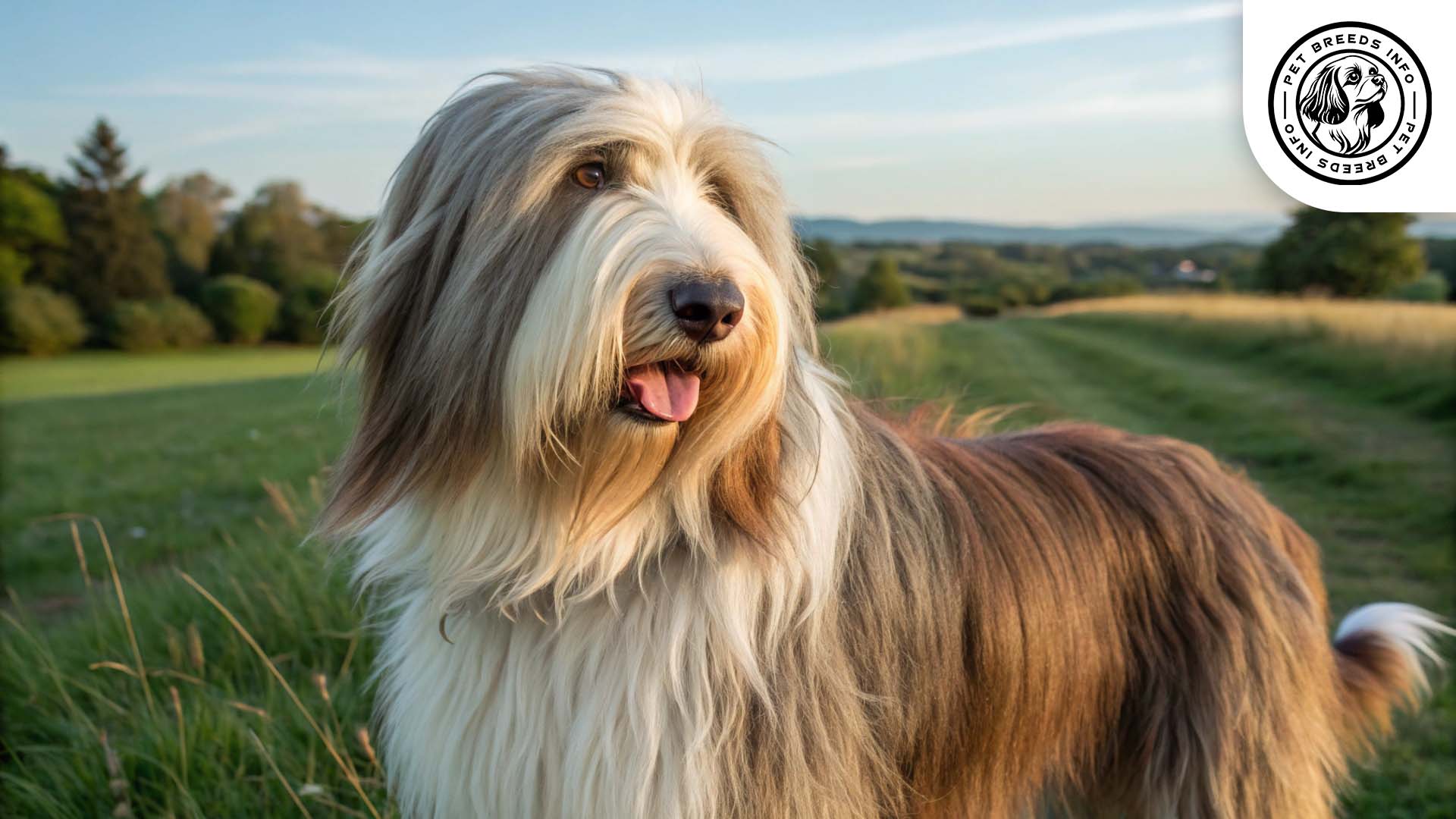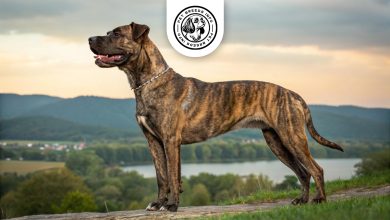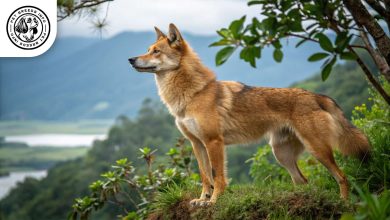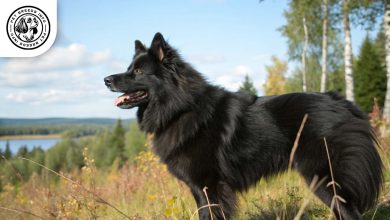Carolina Dog Breed: Size, Health, Price & Personality
General Introduction of the Breed
The Carolina Dog, also referred to as the American Dingo or the Dixie Dingo, is a rare breed that originates from the Southeastern United States. This primitive breed is believed to have descended from ancient dogs that accompanied early human populations migrating to North America. It was primarily found in the wild until its formal recognition as a distinct breed.
Table of Contents
| Weight | Males: 30-45 pounds (13.6-20.4 kg) Females: 25-40 pounds (11.3-18.1 kg) |
| Lifespan | 12-15 years |
| Diet | High-quality dry or wet dog food, raw or natural diets; protein-rich, balanced nutrition |
| Care | Daily exercise, fenced yard preferred, minimal grooming (weekly brushing), regular nail trimming, ear cleaning, dental care |
| Health | Generally healthy, potential for hip dysplasia, allergies, parasitic infections; regular vet check-ups essential |
| Color | Tan, ginger, yellow, reddish shades, often with lighter markings on the belly and darker shading along the back |
| Nature | Intelligent, independent, loyal, affectionate with owners, reserved with strangers, high energy, sensitive to environmental changes |
| Price | $300 – $800 from reputable breeders; adoption from rescues/shelters is an alternative |
Physical Characteristics
The Carolina Dog is a medium-sized breed with a well-proportioned and athletic build. Males typically stand between 18 to 24 inches in height and weigh around 30 to 45 pounds, while females are slightly smaller, ranging from 17 to 22 inches and weighing approximately 25 to 40 pounds.
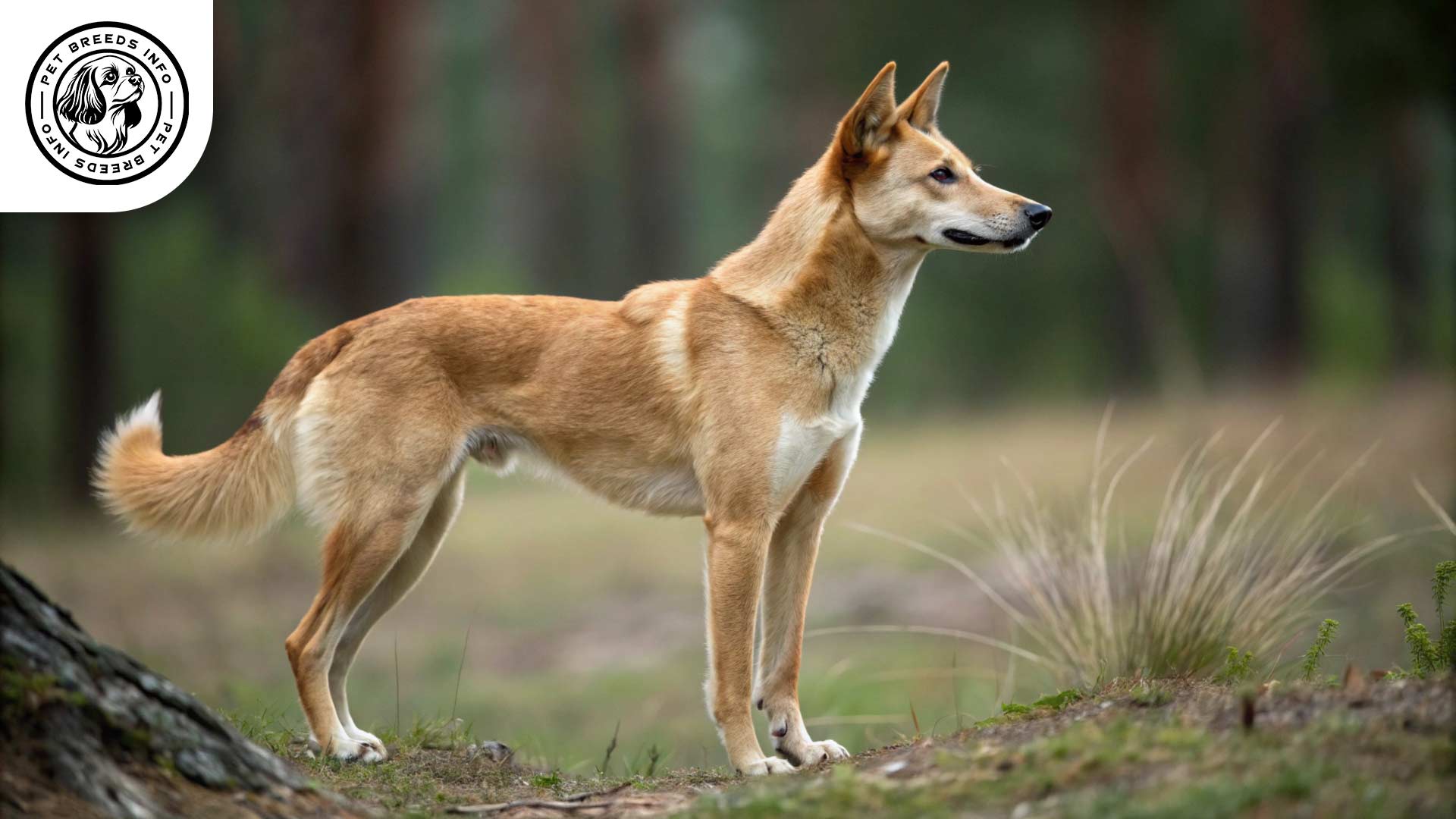
Its coat is short to medium in length, typically dense and smooth. Common colors include tan, ginger, yellow, and reddish shades, often with lighter markings on the belly and darker shading along the back.
The breed’s almond-shaped eyes range in color from amber to dark brown, and its large, upright ears contribute to its keen sense of awareness. The Carolina Dog has a long and slightly curved tail, often carried over its back when alert.
Read More: Black Mouth Cur Dog
Personality and Temperament
The Carolina Dog is highly intelligent and quick to learn, though it can be independent in nature. It has high energy levels and requires regular physical and mental stimulation.
While loyal and affectionate with its owners, it may be reserved or shy around strangers. Early socialization is essential for it to develop a well-balanced temperament.
The breed tends to do well with children when properly trained and introduced but may not always be the best choice for families with very young kids due to its cautious nature.
Carolina Dogs generally get along with other pets if raised with them but may retain some hunting instincts, particularly with smaller animals.
The breed is highly sensitive to environmental changes and prefers routine, making it ideal for owners who can provide a stable and active lifestyle.
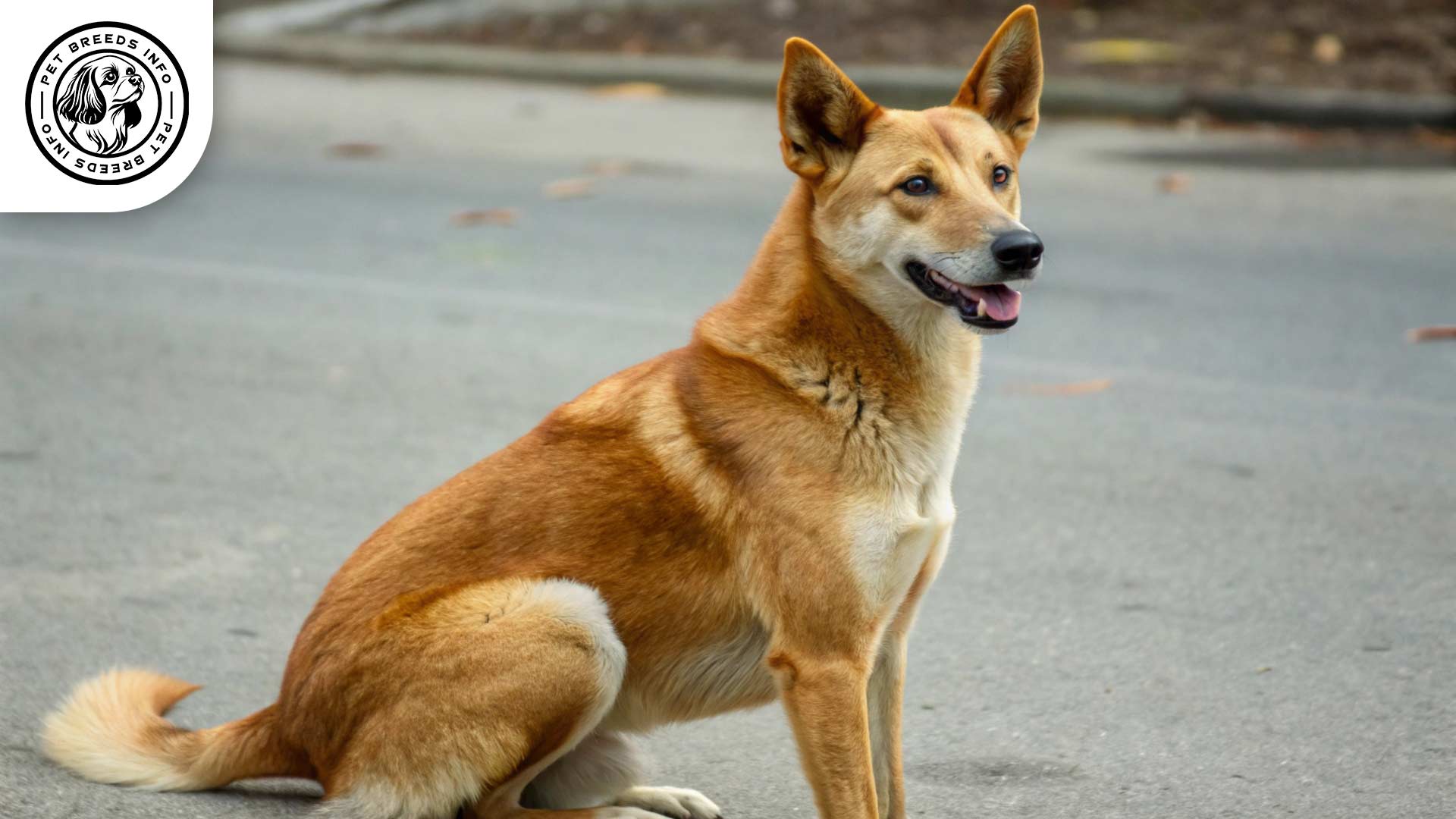
Care and Maintenance Requirements
The Carolina Dog requires daily exercise, including walks, play sessions, or off-leash activities in a secure area. It is best suited for homes with fenced yards, though it can adapt to apartment life if exercised sufficiently.
Grooming needs are minimal, with weekly brushing to manage shedding. The breed is naturally clean and does not require frequent bathing. Nail trimming, ear cleaning, and dental care should be performed regularly.
It is well-adapted to warm climates but may not tolerate extreme cold without proper shelter and protection.
Diet and Nutrition
The best diet for a Carolina Dog includes high-quality dry or wet dog food, though some owners prefer raw or natural diets. It requires a balanced diet rich in protein, healthy fats, and essential nutrients.
Avoid feeding foods like chocolate, grapes, onions, and processed human snacks. Portion sizes vary based on age, size, and activity level, with most adult dogs requiring two meals per day.
Read More: Canaan Hound Dog
Health and Common Medical Issues
Carolina Dogs are generally healthy, with an average lifespan of 12 to 15 years. They are not prone to many genetic health issues thanks to their natural breeding history.
However, they can be susceptible to common canine conditions such as hip dysplasia, allergies, and parasitic infections. Regular veterinary check-ups, vaccinations, and parasite prevention are essential for maintaining good health.
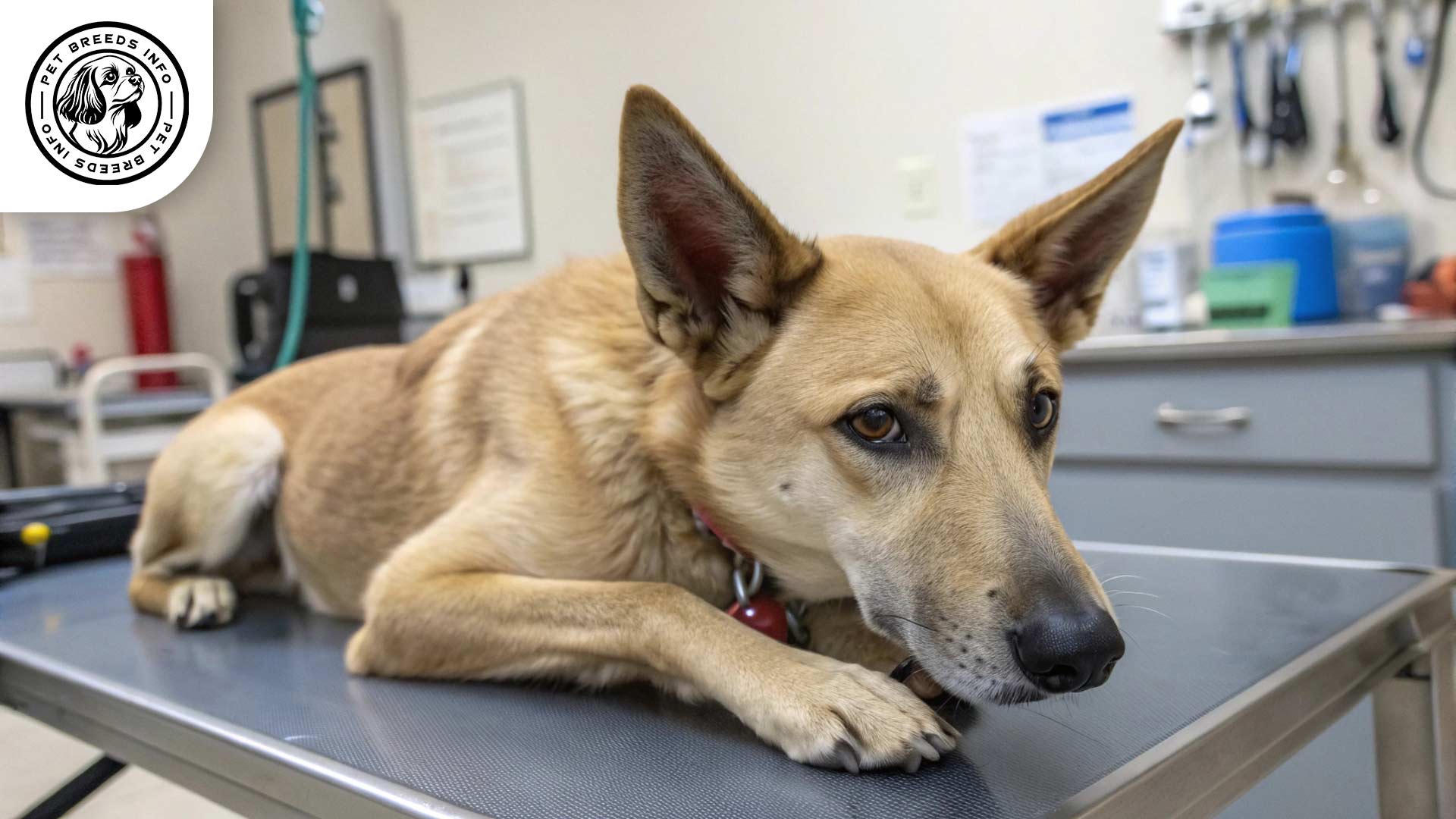
Training and Behavior Management
The Carolina Dog is intelligent but can be independent, making patience and consistency important for training. Positive reinforcement methods, such as treats and praise, work best.
Early socialization with people, other dogs, and different environments is crucial to reducing its natural shyness. Basic obedience training should start from a young age.
It responds well to structured training sessions but may exhibit stubbornness if pressured too much.
Interaction with Other Animals and Humans
With early exposure, the Carolina Dog can be excellent with children, though supervision is recommended, especially with younger kids.
It tends to develop strong bonds with its owner and can be independent but remains loyal and protective of its family. While it can coexist with other pets, introductions should be handled gradually to avoid triggering any prey instincts.
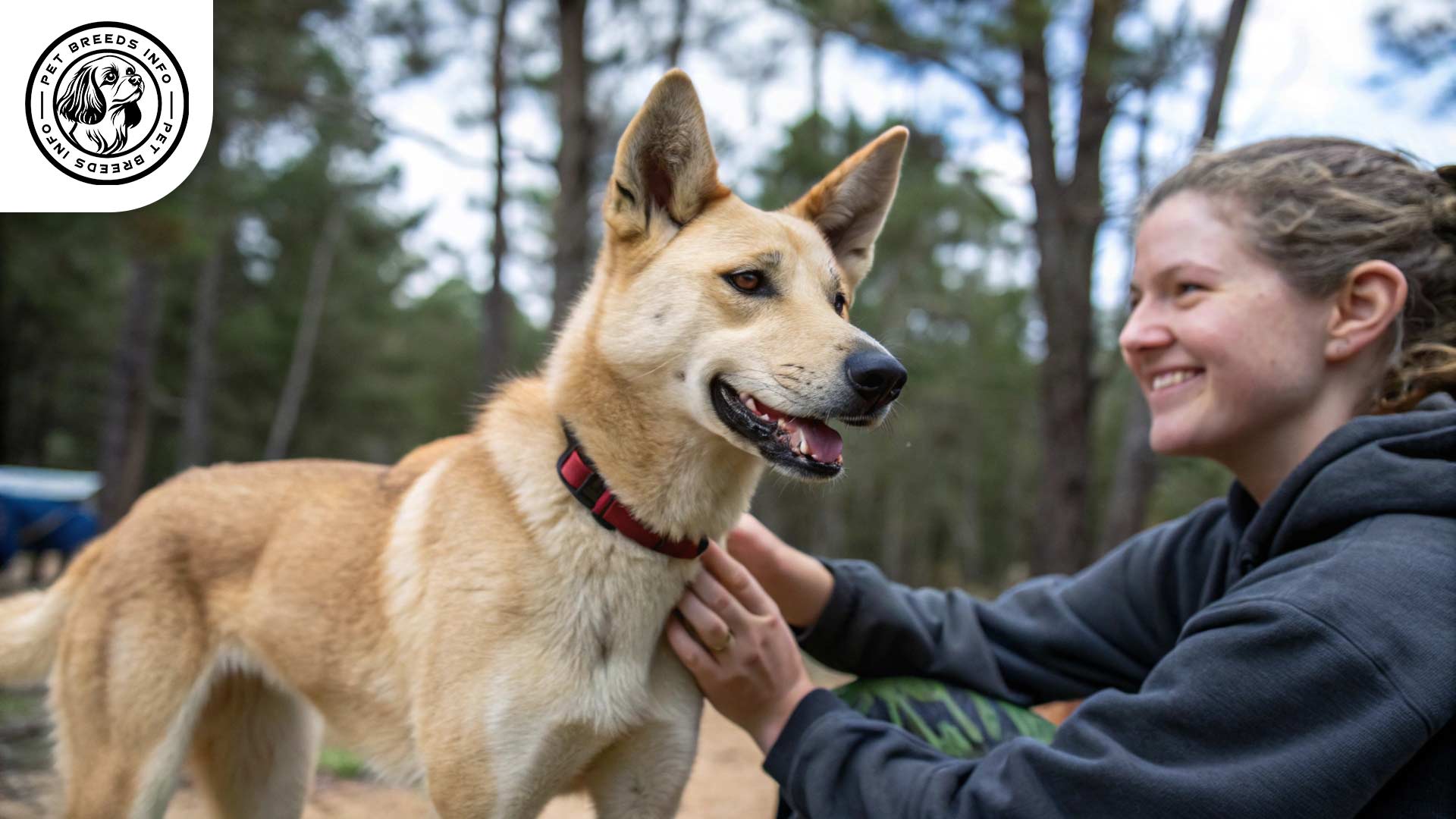
Price and Availability
The Carolina Dog is a rare breed and may not be as widely available as other domestic breeds. The price for a Carolina Dog from a reputable breeder typically ranges from $300 to $800.
Adopting from a rescue organization or shelter is a great alternative, as some Carolina Dog mixes can be found in adoption facilities.
It is essential to acquire a puppy or adult dog from ethical breeders or adoption centers that prioritize the breed’s health and well-being.
Read More: Catalburun Dog
Conclusion and Final Thoughts
The Carolina Dog is best suited for active owners who can provide regular exercise, socialization, and mental stimulation. It thrives in a structured, loving home and requires a patient approach to training.
Potential owners should consider its high energy levels, independent nature, and cautious temperament before deciding if this breed is the right fit for their lifestyle.
For those seeking a loyal, intelligent, and low-maintenance companion with a unique history, the Carolina Dog may be an excellent choice.
FAQ
Is the Carolina Dog good with children?
Yes, with early exposure and proper training, they can be excellent with children, though supervision is recommended, especially with younger kids.
How much exercise does a Carolina Dog need?
They require daily exercise, including walks, play sessions, or off-leash activities in a secure area.
What is the average lifespan of a Carolina Dog?
The average lifespan is 12 to 15 years.
Are Carolina Dogs easy to train?
They are intelligent but can be independent, making patience and consistency important for training. Positive reinforcement methods work best.
How much does a Carolina Dog typically cost?
The price from a reputable breeder typically ranges from $300 to $800. Adoption is also a great alternative.
